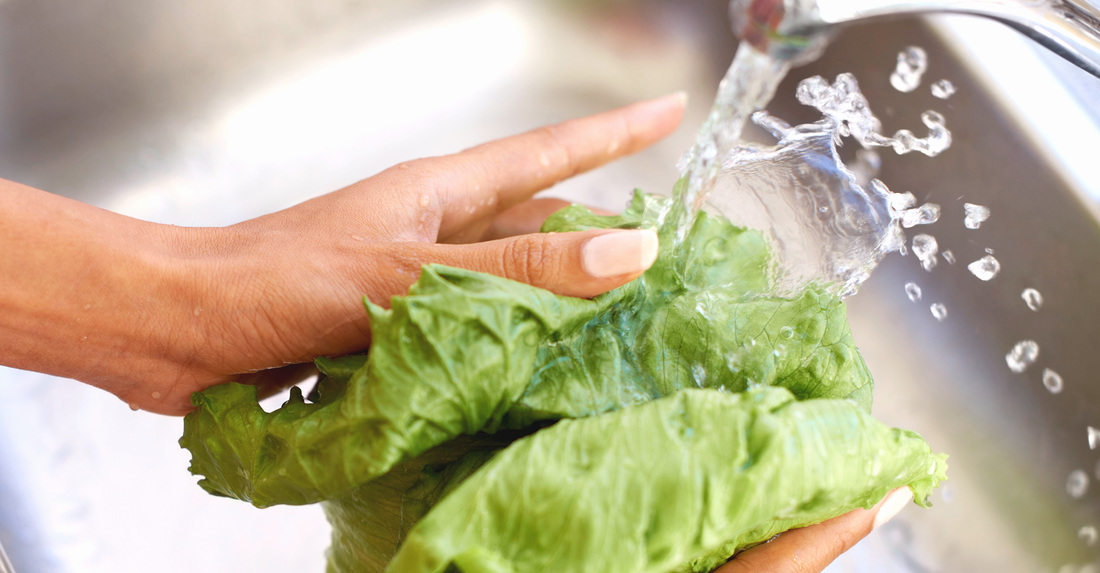|
Does washing food promote food safety? The answer is some things should be washed and some should not. As a society, we associate washing with cleanliness. We wash clothes, dishes and ourselves. So it might seem to make sense to wash meat and poultry to make it cleaner and safer, but this is not the case. Yes, fruits and vegetables should be washed; but you should not wash meat, poultry, fish, seafood or eggs.
Also read, Public Health Notice - Outbreak of Listeria infections under investigation. The following tips will help to make sure you keep your food both clean and safe. Meat and poultry:
0 Comments
Leave a Reply. |
Advertisement
News & Updates
Stay informed with the latest news around foodservice, agriculture and other related food news. Advertisement Opportunities
|


 RSS Feed
RSS Feed


